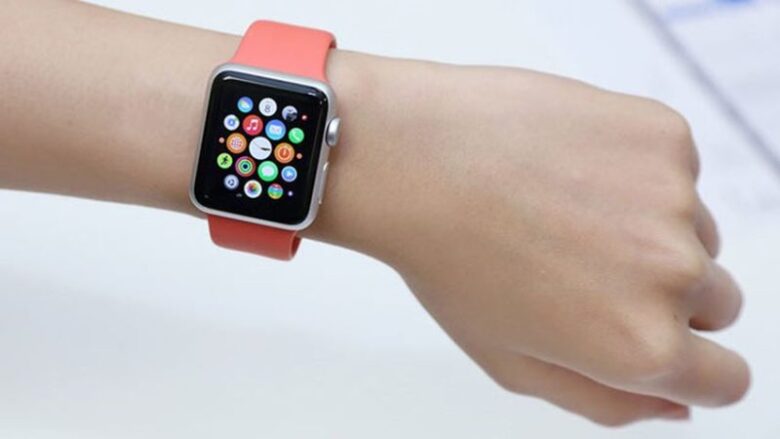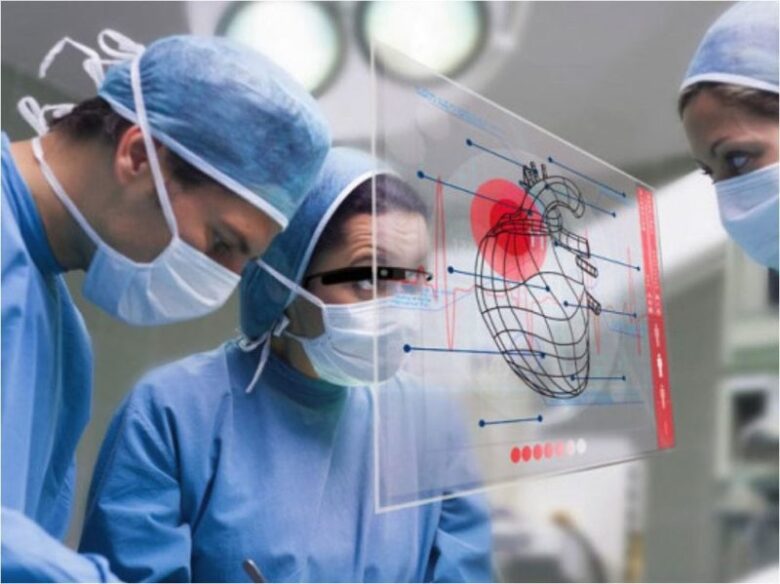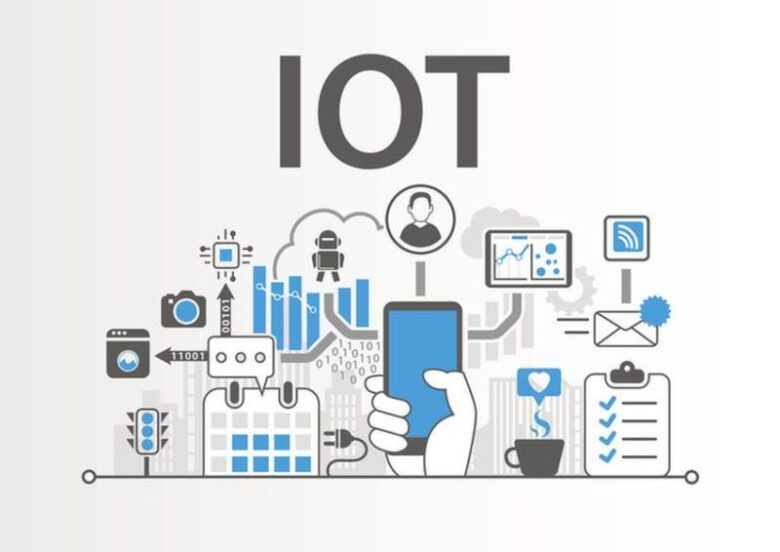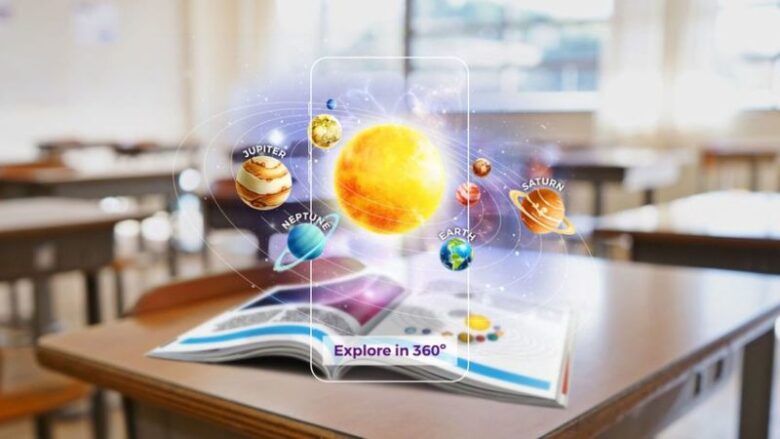Healthcare is changing. A host of technologies are being adopted and used together to transform everything from the diagnosis stage through to surgery, treatment and aftercare.
Mobile tech, AI and emerging tech is responsible, and having seen how much money, stress and how many lives can be saved as a result, the healthcare industry often buys in before other sectors.
Jilani Gulam, chief executive of insurer Health iQ, has claimed that tech in healthcare is at a similar point to when smartphones first launched. Where devices started to use a convergence of tech and start thinking about the user experience, battery life and cheaper storage, healthcare is undergoing a similar transition.
The next 10 years will see rise to several life changing technologies that were previously just concepts. The landscape of healthcare is changing, and we can attribute it to tech. So what is having the biggest impact?
Wearable Tech:

Already familiar to us in the form of smart watches and apps, more and more people are adopting the use of these virtual fitness assistants. As more people become aware of the importance of their fitness and work to correct any weight issues, Plextek says that the use of such devices could cut NHS costs per patient by up to 60%. This is because, as well as having a constant reminder on hand, many of these devices and apps provide instant virtual access to a medical professional, drastically reducing the amount of time the public spends in hospitals and with their GP.
Virtual Reality:

Now being used to treat a plethora of health concerns, from phobia treatment to rehabilitation, training medical staff, assisting physical therapy to pain management, medical professionals have found that VR is an invaluable item in their healthcare toolkits. Now that the technology has become more accessible, we can expect to see much more of it in use in the healthcare field.
5G
Incredibly quick internet connections will increasingly enable surgeons to employ the use of remote surgery via a robot, such as the Da Vinci surgery robot, who completes 200,000 surgeries a year remotely.
The Internet of Things

A term encompassing a huge array of amazing things, the term refers to appliances enabled with sensors and assigned their own IP address that connects to the internet. Connected contact lenses, activity trackers and even implantable glucose monitoring systems are all made possible by this piece of tech. Tech Entrepreneur Tej Kohli is harnessing the power of this technology to help thousands with preventable corneal blindness.
Augmented Reality

There are so many possibilities when it comes to how AR can change the healthcare landscape, most notably the augmented reality glasses created by Cambridge consultants in Boston, which allow surgeons to “see inside” a patient’s body using data from scans. If you want to learn more about how augmented reality works check out Techslang.
Technology is constantly evolving and the next decade is set to be an interesting time for the healthcare industry as it strives to adapt and use the technology available on the market to better the lives of both patients and doctors and nurses who are often overworked as suggested by GBI bio. Given the amount of tech already in place, one can safely assume that tech within this field will only grow and with it, more lives will be improved.


